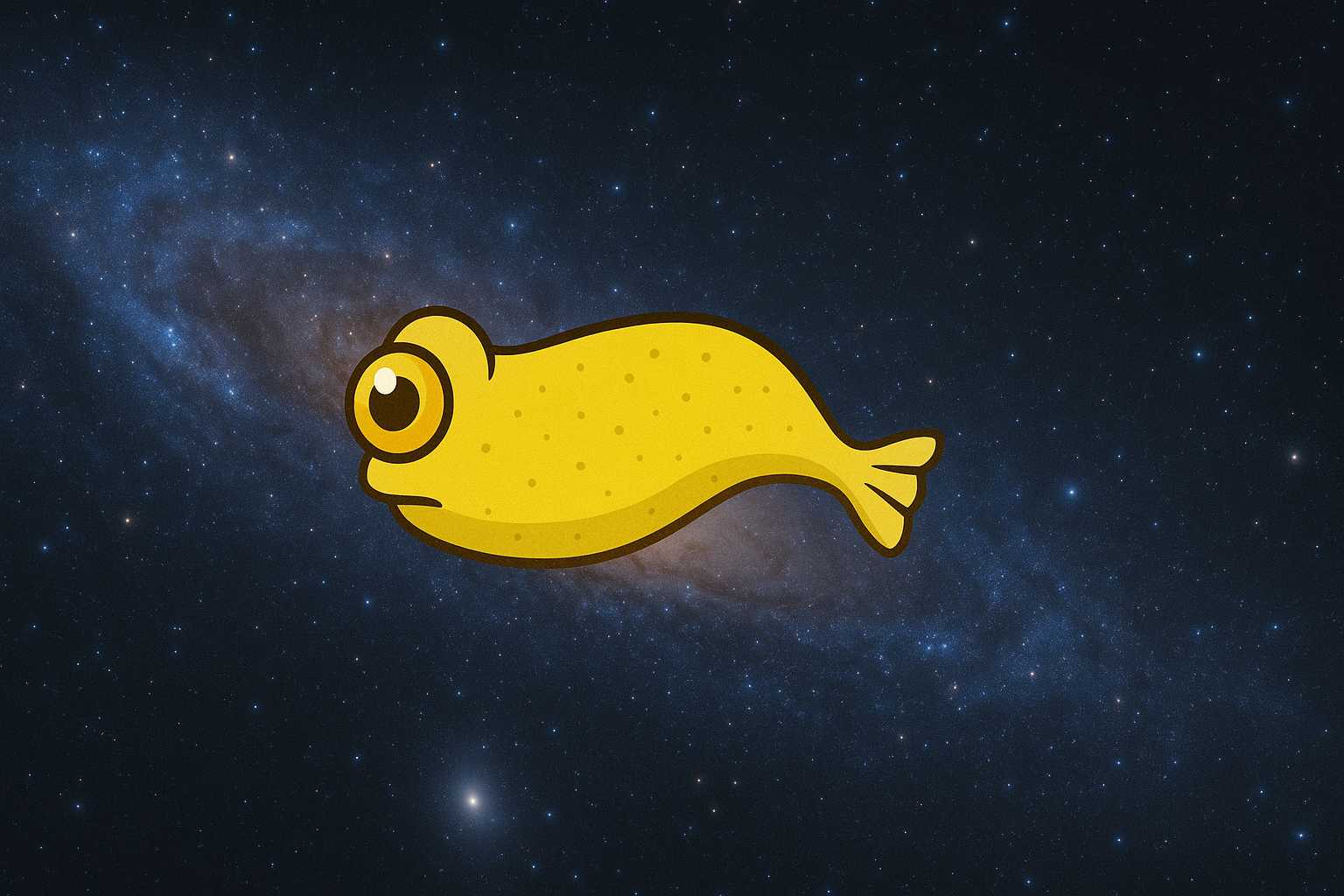
In Douglas Adams’s The Hitchhiker’s Guide to the Galaxy, there is a small, yellow, leech-like creature called the Babel fish that, when inserted into your ear, translates instantly any spoken language. While such a fictional concept would arguably be the panacea for linguistic barriers, it raises the question of whether such a technology would lessen our appreciation of languages. Surprisingly, the answer may prove to be the opposite: the Babel fish—or rather, its real-world analogues—may actually make us more respectful of and curious about languages.
The Babel Fish: A Catalyst for Curiosity
Imagine a world where language would not be a barrier at all. You could stop at a café in Paris and, if you wanted, speak with a stranger in Mandarin or dive into a lecture in Swahili. Far from making languages obsolete, this ease of understanding could pique curiosity. Instead of intimidation by unfamiliar languages, there is a possibility that people become more willing to explore the richness of cultures.
Real-world tools like Google Translate and AI-driven earphones already give us a taste of this possibility. While these tools are far from perfect, they often lead users to discover the nuances of grammar, idioms, and expressions that don’t translate easily. This process fosters an appreciation for the complexities of language and encourages learning beyond surface-level communication.
Language as a Window to Culture
Languages are not just means of communication; they carry culture, history, and even distinct worldviews. Every word, phrase, or idiom shows unique ways of thinking and living. For example, the Japanese word wabi-sabi encompasses an aesthetic of imperfection and impermanence for which there is no English equivalent.
In German, Schadenfreude defines the peculiarly specific delight taken in another’s misfortune, revealing cultural attitudes toward emotions. The Arabic word habibi means something quite a bit deeper than “dear” or “darling.”
If the Babel fish existed, all of these cultural insights would fall within our grasp. Along with acquiring the languages, we’d get the values, the philosophies, and histories wrapped up in them. That’s likely where our respect for the many languages of the world comes in, as well as our efforts at preservation against their extinction.
Protecting the Delicate Ecosystem of Languages
It would be reasonable to think that universal translation would lead to the extinction of “smaller” languages in favor of the dominant ones, such as English, Spanish, or Mandarin. However, the opposite could well happen. Translation technology could give the world a flavor of uniqueness in the less spoken languages. For instance, the potential ability to instantly translate indigenous oral traditions into widely understood languages could preserve and amplify voices that are currently marginalized.
Furthermore, this awareness of the fragility of such languages could mobilize action. As with the loss of biodiversity that has inspired movements to protect endangered species, so too could an understanding of the richness of linguistic diversity spur global efforts to document, revitalize, and celebrate lesser-known languages.
The Human Element: Why Learning Matters
Even with perfect translation tools, there is something irreplaceable in learning a language. Speaking another language fosters empathy, builds cognitive skills, and creates a sense of connection. While the Babel fish might make communication effortless, it wouldn’t replicate the satisfaction of mastering a new language or the bonds formed through shared effort in learning.
In a way, the Babel fish could be more of a stepping stone—a tool that opens up further linguistic exploration. Maybe it would encourage people to learn the languages they have always wanted to speak, knowing they have a safety net when they get stuck.
Conclusion: A Future of Enriched Connections
The Babel fish—if it ever makes its transition from science fiction to reality—will not demean languages but could make us actually appreciate them more. In breaking down the barriers to communication, it would grant us easier access to the cultural riches that languages represent. The beauty, complexity, and diversity of human expression might shine most in a world where understanding comes with less effort.
So, as we inch closer to the reality of universal translation, let’s embrace it not as an end to language learning but as an invitation to explore the linguistic and cultural wealth of our planet. The Babel fish could remind us of something profound: Language is not just a means to an end; it’s a celebration of what it means to be human.



